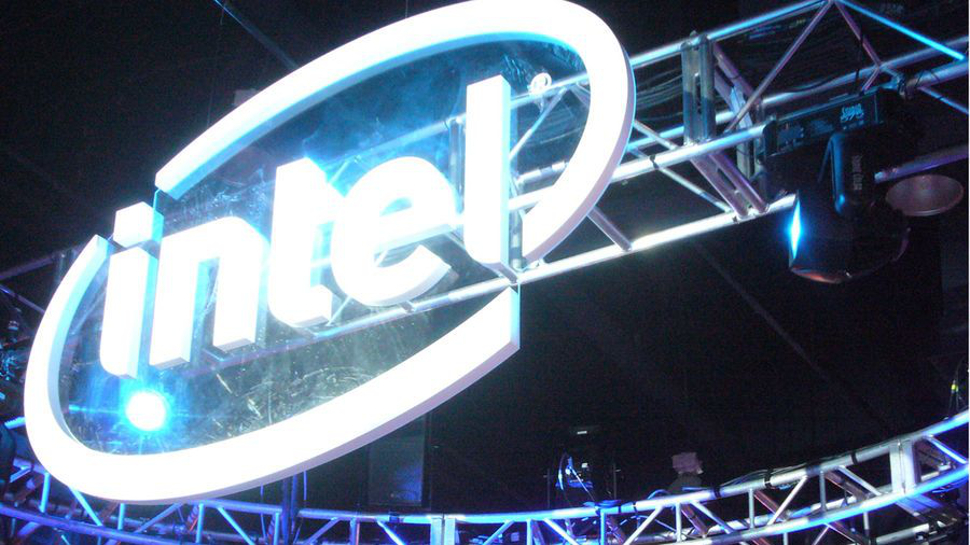Intel’s next-gen Xe graphics has a neat trick to take strain off Tiger Lake CPUs
DSB feature represents a clever little performance boost

Intel seemingly has a clever new trick for its incoming Gen12 (Xe) graphics technology with a feature known as Display State Buffer (DSB) that will help relieve the workload on the CPU.
Phoronix (via Tom’s Hardware) spotted the new DSB feature when it was referred to in a recent Linux kernel patch, and it pertains to Intel’s Gen12 graphics that will be in Tiger Lake processors (11th-gen mobile-focused chips expected to land next year) and Xe discrete GPUs (also expected to debut next year).
- Intel's Project Athena aims for more efficient laptops
- Intel Xe graphics card won’t be a $200 GeForce RTX killer
- AMD vs Intel: which processors are better?
DSB is described in technical documentation as a hardware capability which “allows [the] driver to batch submit display HW programming. This helps to reduce loading time and CPU activity, thereby making the context switch faster. DSB Support added from Gen12 Intel graphics based platform.”
To put it in plain and simple terms, DSB will help take some of the strain off the CPU, and that’s a good thing for obvious reasons in terms of boosting performance in scenarios where this applies.
Roaring Tiger?
Hopefully this will be another string to the bow of Intel’s 10nm Tiger Lake processors when it comes to helping them run a little faster. We’ve already heard that these mobile chips with integrated Gen12 graphics be will be able to run multiple 4K displays (or indeed drive an 8K monitor).
Intel dominates the processor market when it comes to laptops, but needs to keep innovating to stave off any challenges from AMD, with the latter already winning strongly in recent times when it comes to the enthusiast and desktop PC market.
- We’ve picked out the best laptops of 2019
Get daily insight, inspiration and deals in your inbox
Sign up for breaking news, reviews, opinion, top tech deals, and more.
Darren is a freelancer writing news and features for TechRadar (and occasionally T3) across a broad range of computing topics including CPUs, GPUs, various other hardware, VPNs, antivirus and more. He has written about tech for the best part of three decades, and writes books in his spare time (his debut novel - 'I Know What You Did Last Supper' - was published by Hachette UK in 2013).